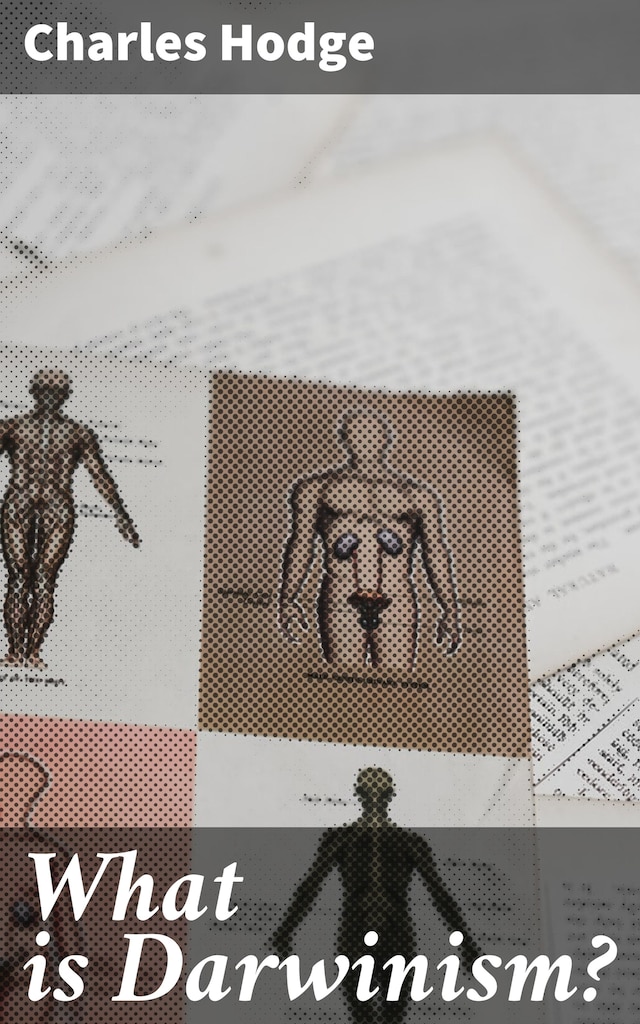
What is Darwinism?
Exploring the Evolution Debate: Unveiling the Intersection of Science, Religion, and Creationism
Description of the book
In "What is Darwinism?", Charles Hodge engages with the seminal ideas of Charles Darwin, dissecting the biological, philosophical, and theological implications of Darwin's theory of evolution. Written in 1874, Hodge's text reflects the tensions between emerging scientific paradigms and traditional religious beliefs, employing a meticulous analytical style rooted in 19th-century American thought. Through a series of logical arguments and critiques, Hodge addresses key concepts such as natural selection, adaptation, and the origins of species, ultimately questioning the compatibility of Darwinism with Christian doctrine. His work serves as both a critique and a thorough inquiry into the cultural and scientific milieu of his time, making it a significant contribution to the discourse on evolution and theology. Charles Hodge was a prominent theologian and a professor at Princeton Theological Seminary, known for his rigorous scholarship and defense of orthodox Christian beliefs. Influenced by the rising tensions between science and religion during his era, Hodge felt compelled to address Darwinism directly to clarify its implications for Christian thought. His background in theology and the philosophical scrutiny of scientific claims provided a rich foundation for his critique, making him a prominent voice in the debate over evolution. This book is essential for scholars, theologians, and lay readers seeking to understand the complex relationships between science, religion, and ideology in the 19th century. Hodge'Äôs thoughtful examination encourages critical engagement with both Darwinian theory and its broader cultural implications, making it a relevant read for anyone interested in the historical context of scientific debates and their existential ramifications.
 Charles Hodge
Charles Hodge 138 Pages
138 Pages